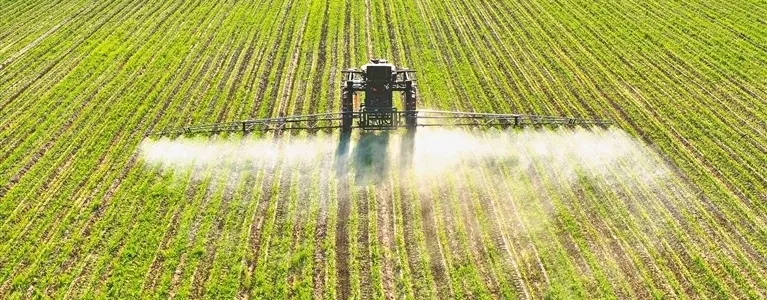
gru . 18, 2024 13:54 Back to list
chlorpyrifos 480
Chlorpyrifos 480 Understanding Its Use and Impact
Chlorpyrifos is a highly effective organophosphate insecticide widely utilized in agriculture. Among various formulations, Chlorpyrifos 480 stands out, as it contains a 480 g/L concentration of the active ingredient. This chemical compound has played a crucial role in pest management, enabling farmers to protect their crops from a range of damaging insects. However, its use has been met with increasing scrutiny due to environmental and health concerns.
Historically, Chlorpyrifos gained popularity in the 1960s for controlling a variety of agricultural pests. Its effectiveness against aphids, caterpillars, and other harmful insects has made it a go-to solution for many farmers. The 480 formulation provides a convenient concentration, allowing for easier application and dosage accuracy. Farmers can achieve desired pest control results with optimal efficiency, making it an attractive option for large-scale agricultural operations.
Chlorpyrifos 480 Understanding Its Use and Impact
In the United States, for example, the Environmental Protection Agency (EPA) moved to ban Chlorpyrifos in 2021 based on mounting evidence of its harmful effects. This decision was a significant victory for environmental and public health advocates who have long campaigned for stricter regulations on pesticides. The ban is also reflective of a global trend – many countries are taking proactive steps to phase out harmful chemicals in favor of safer alternatives.
chlorpyrifos 480

Despite these moves towards restriction, Chlorpyrifos 480 continues to be used in some regions, particularly where agricultural practices heavily rely on chemical pest control. Certain crops, such as corn and soybeans, often benefit from the timely application of this insecticide to mitigate pest outbreaks. For some farmers, the transition away from Chlorpyrifos poses challenges due to the lack of equally effective and affordable alternatives. This situation emphasizes the delicate balance between agricultural productivity and environmental health.
As discussions on Chlorpyrifos evolve, the agricultural sector faces a pressing need for innovation. Researchers and agricultural scientists are increasingly focused on developing integrated pest management (IPM) strategies that incorporate biological control methods, crop rotation, and the use of organic pesticides. These strategies not only help reduce reliance on chemical inputs but also promote a healthier ecosystem. Education and training for farmers on sustainable practices are crucial in facilitating this transition.
Moreover, consumers are becoming more aware of the implications of pesticide use in agriculture, leading to a heightened demand for organic and sustainably produced food. As markets shift towards environmentally friendly products, farmers who adapt their practices accordingly may find new opportunities for profit.
In conclusion, while Chlorpyrifos 480 has been an essential tool in agriculture for pest management, its associated health risks and environmental consequences cannot be overlooked. As regulatory measures tighten and consumer preferences shift, farmers must be prepared to embrace more sustainable practices. The future of agriculture will likely depend on advancing technologies and methods that prioritize both productivity and public health, paving the way for a safer and more environmentally conscious farming landscape. The ongoing dialogue surrounding Chlorpyrifos serves as a vital reminder of the complexities involved in modern agricultural practices and the need for a balanced approach that safeguards both crops and communities.
-
Dicamba Herbicide for Creeping Charlie – Effective & Selective Weed Control Solution
NewsJun.10,2025
-
Premium Penthiopyrad Fungicide for Effective Crop Protection Compare with Carbendazim & Copper Fungicides
NewsJun.10,2025
-
Top Products Containing Bifenthrin Effective Insecticide Solutions
NewsJun.10,2025
-
Powerful Lambda Cyhalothrin & Emamectin Benzoate Insecticide
NewsJun.10,2025
-
Emamectin Benzoate 5% Wholesale Supplier - Premium Quality
NewsJun.10,2025
-
Indoxacarb PubChem Key Pesticide Properties & Benefits
NewsJun.09,2025
